Codetown
Codetown ::: a software developer's community
Net Neutrality ::: Updated!
"The Federal Communications Commission appears poised to pass a controversial set of rules that broadly create two classes of Internet access, one for fixed-line providers and the other for the wireless Net..."
This just out on Net Neutrality. Here's a link to a NYTimes article explaining the details. It was bound to happen. So, we have the full range of opinions at our disposal, from anarchy to strict regulation. Which do you lean toward and why?
Update:
I never put political stuff up on Codetown, but the net neutrality issue is so interesting and affects us as developers, so here's a little more on the subject. Views from Al Franken. These are one viewpoint and we're not endorsing pro or con, just giving y'all a chance to think about it.
Codetown member Behrang noted (via comment to this post) Steve Wozniak's open letter to FCC: http://www.theatlantic.com/technology/archive/2010/12/an-open-lette... It's a fascinating, utterly surprising viewpoint! Thanks, Behi!

Dear John,
By now you may have heard the news: Republicans in the House of Representatives voted last week to block the FCC from enforcing its new net neutrality regulations.
As I’ve said before, these regulations weren’t nearly good enough to ensure that the Internet remains free and open. But they were a step in the right direction. And by voting to eliminate them, House Republicans declared their willingness to let big corporations control the Internet.
We know what this could mean for American consumers -- less diversity of viewpoints, less access to independent content through services like Netflix, and higher prices for Internet service.
The good news is that the Senate still has a chance to stop this special interest power play. I’m working as hard as I can to build support for net neutrality in the Senate -- but I’m not the only one talking to my colleagues. These corporations have lobbyists of their own, lots of them, and they’re descending upon Capitol Hill en masse.
The only way we're going to save net neutrality is if ordinary Americans make their voices heard. I'll update you soon -- but for now, please forward this email to your friends and ask them to join our campaign by linking up with me on Twitter or Facebook.
Thanks -- and stay tuned.
![]()
Al
Comment
-
Comment by Behr@ng on December 22, 2010 at 4:03am
-
Steve Wozniak's open letter to FCC: http://www.theatlantic.com/technology/archive/2010/12/an-open-lette...
-
Comment by Behr@ng on December 22, 2010 at 3:47am
-
This is just sad. And the future is wireless. At least wireless is going to be an unavoidable part of it. And telcos make a hell of experience out of it. If Japan and Korea can offer 1Gbs broadband connections to their citizens, why US telcos cannot?
-
Comment by Alejandro IMass on December 21, 2010 at 1:25pm
-
My .02:
I had avoided the use of smart phones as much as I could but eventually gave in due to my recent interest in mobile development with Android and even more recently with iOS. Anyway, I got a development version of the Nexus One and after getting involved in the smart phone craze, it started becoming clear to me that there was going to be a rift between the smartphone players (Google, Apple, Microsoft, Mentor Graphics / ATI, etc.), the phone manufacturers (Motorola, HTC, Nokia, Apple, Huawei, etc.) and the cellular carriers, and that the rift, was probably already occurring....Maybe it hadn't been so obvious in this side of the world since Blackberries are somewhat dominant and have seemed to play nice, but...
I mean, it became obvious to me when I found myself using the WiFi access more than the cell line, and my Skype number became my most used "cellular number". In fact, I have since just hopping from hot-spot to hot-spot because even with HSDPA (which BTW is scarce), the cellular data links are simply crap. So then it really dawned on me: smart phones and public WiFi, are an announced death to the current cellular business model.
I then immediately started to look for tell-tell signs that would support this hypothesis. The first obvious sign was the incongruent price difference between the WiFi hot-spot plans and the cellular data plans in the same company! For example in ATT's case is $20 versus $60 respectively, and the latter is limited to 5GB. Plus, the cellular data plans will not give you the performance you need to run a reliable SIP, IAX or Skype client, and they will most surely do anything in their power to prevent you from doing so (does the FCC Neutrality ring a bell?). Then if you look at who is suing who in the smartphone players, it becomes clear that there is a real power struggle at all levels:
http://www.intomobile.com/2010/10/06/motorola-sues-apple-for-patent...
I was only wondering when the carries would join the press party....
But then it happened. Just recently, European cellular carriers asked Google and Apple to pitch in to keep up with data demand:
http://www.besttechie.net/2010/12/09/wireless-carriers-to-apple-goo...
And now this Neutrality thing from the FCC, which if read with this hypothesis in mind, seems just another attempt of the powerful cellular carriers to lobby for regulation to help them stay in business. Almost looks as if the fixed-line part is only to cover up the actual intention to protect the cell phone carriers, after all, and this is just speculation but I bet that the latter are better clients of the FCC revenue wise (I will look into this when I have time and follow-up this post).
My vision of the future is that cell phone carriers will just have to transform into giant full data wireless networks, and if they don't do it quickly, they may be overcome by evolving WiFi and related standards sooner than they think.
Well, it may very well be just a crazy opinion, but it's the vision I get from my recent incursion into Android and iOS incursions, and well, from an old wise American saying: money talks, and bullshit walks.
-
Comment by Michael Levin on December 21, 2010 at 11:17am
-
Stay tuned, then! I'll wait until a few more comments are posted...well, times up! Disintermediation is the key. I am all for self-regulation. I shuddered to read "Imminent".
-
Comment by John Thompson on December 21, 2010 at 11:08am
-
Not really - I could craft a guess on either side.
-
Comment by Michael Levin on December 21, 2010 at 10:52am
-
The headline reads "Net Neutrality Rules are Imminent from the F.C.C." I started my business years ago in part because of disintermediation. Can you guess how I feel about it?
-
Comment by John Thompson on December 21, 2010 at 10:09am
-
Keep the camel's nose out of the tent & keep the internet open and free.
http://blog.heritage.org/2010/12/21/morning-bell-its-time-to-stop-t...
Notes
Welcome to Codetown!
 Codetown is a social network. It's got blogs, forums, groups, personal pages and more! You might think of Codetown as a funky camper van with lots of compartments for your stuff and a great multimedia system, too! Best of all, Codetown has room for all of your friends.
Codetown is a social network. It's got blogs, forums, groups, personal pages and more! You might think of Codetown as a funky camper van with lots of compartments for your stuff and a great multimedia system, too! Best of all, Codetown has room for all of your friends.
Created by Michael Levin Dec 18, 2008 at 6:56pm. Last updated by Michael Levin May 4, 2018.
Looking for Jobs or Staff?
Check out the Codetown Jobs group.
InfoQ Reading List
Hybrid Cloud Data at Uber: How Engineers Solved Extreme-Scale Replication Challenges
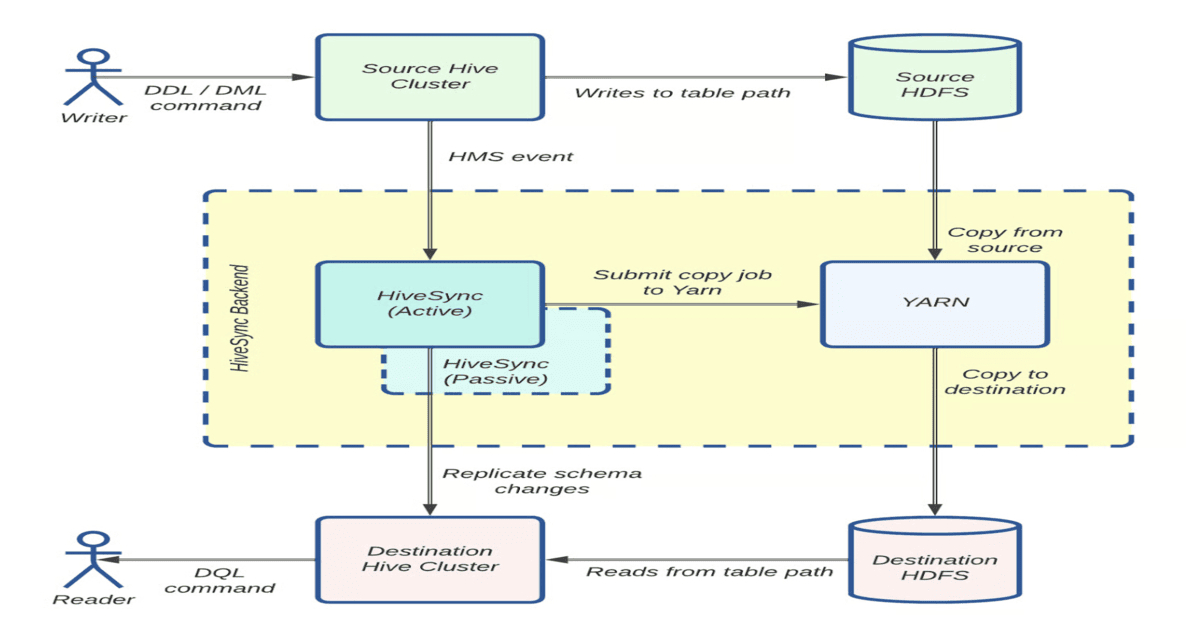
Uber’s HiveSync team optimized Hadoop Distcp to handle multi-petabyte replication across hybrid cloud and on-premise data lakes. Enhancements include task parallelization, Uber jobs for small transfers, and improved observability, enabling 5x replication capacity and seamless on-premise-to-cloud migration.
By Leela KumiliOpenAI Codex-Spark Achieves Ultra-Fast Coding Speeds on Cerebras Hardware
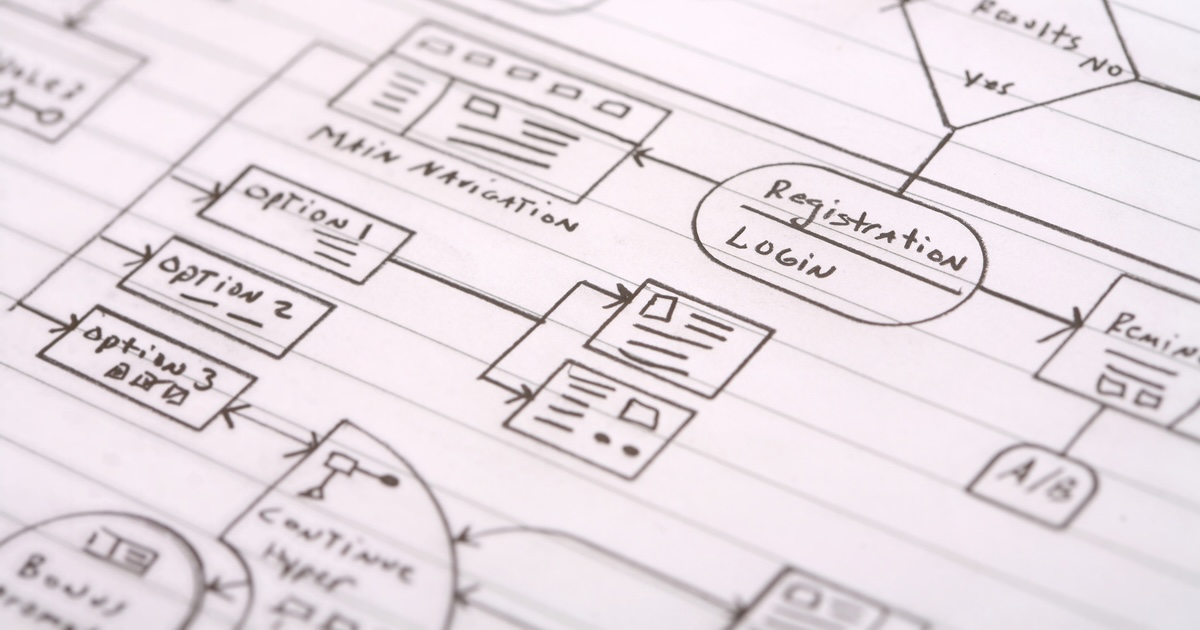
In a major shift in its hardware strategy, OpenAI launched GPT-5.3-Codex-Spark, its first production AI model deployed on Cerebras wafer-scale chips rather than traditional Nvidia GPUs. The new model offers delivers improved throughput and low-latency, enabling a real-time, interactive coding experience, says the company.
By Sergio De SimonePodcast: [Video Podcast] Frictionless DevEx with Nicole Forsgren
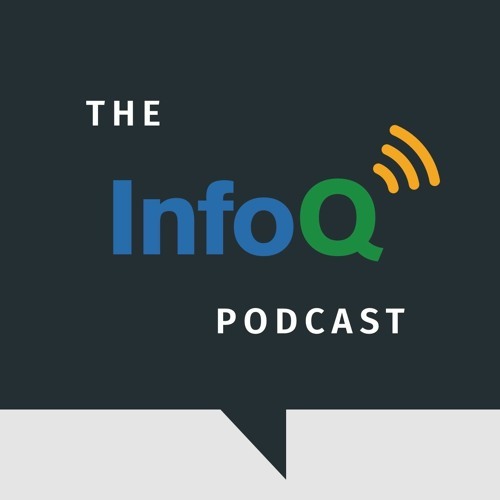
In this episode, Thomas Betts talks with Dr. Nicole Forsgren, the author of Accelerate and one of the most prominent and important minds in DevOps and developer productivity. The conversation is about identifying and removing developer friction, the subject of her new book, Frictionless.
By Nicole ForsgrenPresentation: Busting AI Myths and Embracing Realities in Privacy & Security
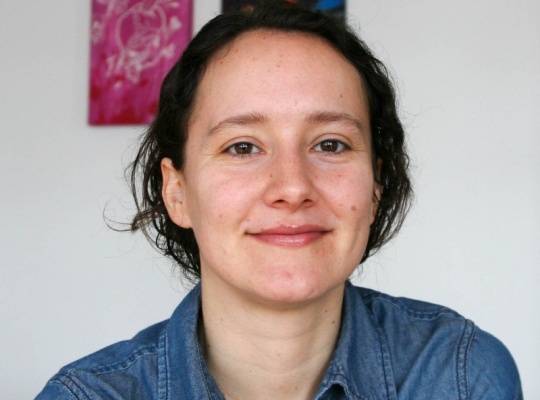
Katharine Jarmul keynotes on common myths around privacy and security in AI and explores what the realities are, covering design patterns that help build more secure, more private AI systems.
By Katharine JarmulJava News Roundup: Lazy Constants, TornadoVM 3.0, NetBeans 29, Quarkus, JReleaser, Open Liberty
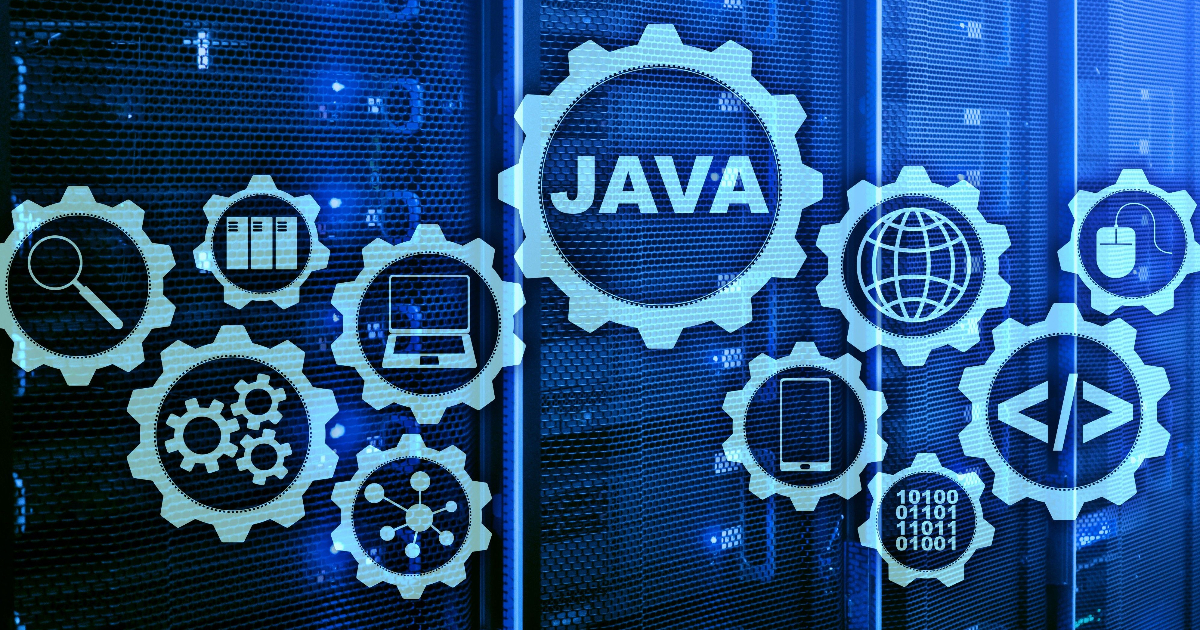
This week's Java roundup for February 23rd, 2026, features news highlighting: new JEP 531 Candidate, Lazy Constants; GA releases of TornadoVM 3.0 and NetBeans 29; point releases of Quarkus, JReleaser, Chicory and RefactorFirst; maintenance releases of Micronaut and Jox; and the February 2026 edition of Open Liberty.
By Michael Redlich
© 2026 Created by Michael Levin.
Powered by
![]()
You need to be a member of Codetown to add comments!
Join Codetown